Peter Märthesheimer
Birth : 1937-07-09, Kiel, Germany
Death : 2004-06-18
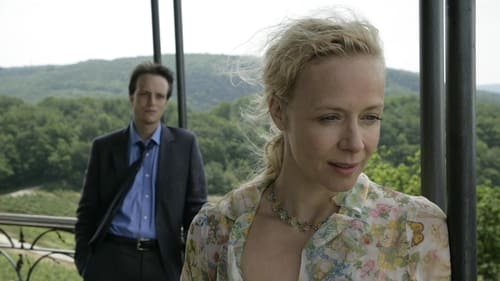
Screenplay
Successful architect Robert has a one-night stand with a mysterious lady in red. The next day they meet again, but Carolin is now a corporate lawyer working on a major contract for Robert ...

Novel
Successful architect Robert has a one-night stand with a mysterious lady in red. The next day they meet again, but Carolin is now a corporate lawyer working on a major contract for Robert ...

Peter Märthesheimer was a producer at Cologne’s public TV station, Westdeutscher Rundfunk, when he met Rainer Werner Fassbinder in 1972. He later worked with Fassbinder on DESPAIR and BERLIN ALEXANDERPLATZ, and, with psychologist Pea Fröhlich, wrote the scripts for LOLA and the other films in THE BRD TRILOGY. This interview was conducted in 2003.

Writer
The 12-year-old Fridolin Sternberg is looking for answers to the reasons for his parents' divorce.

Self
A documentary about the life and work of director Rainer Werner Fassbinder.
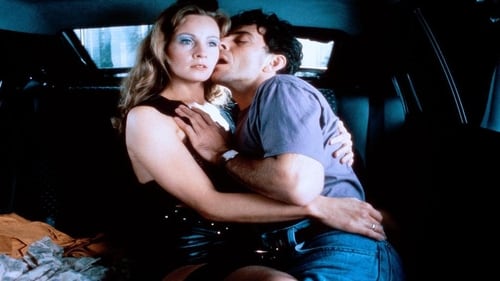
Writer
A woman with a steady marriage and a little daughter, goes bezerk and enters a seducing game.
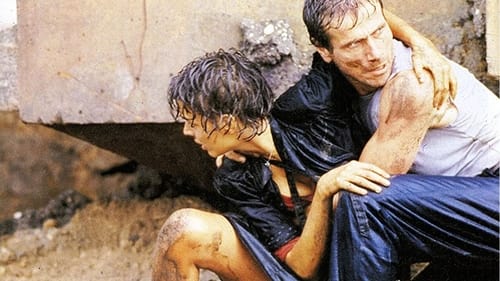
Writer
A tough cop but his life in ruins. His superiors are only looking for a reason to sack him. The girl is 17 years old and lives on the street. As the cop helps her one night, she steals his gun and flees. He should report the loss of his gun to his boss, so he has to search for the girl. At the Dutch border it falls into the power of the police! Henceforth they are on the run, without a plan and without a goal ..
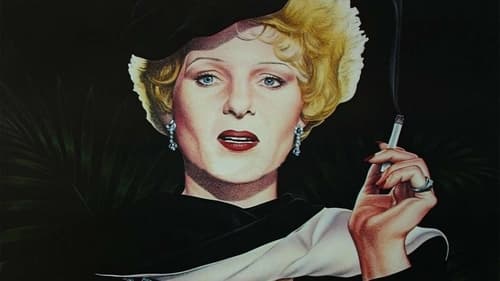
Screenplay
In Munich 1955, German film star Veronika Voss becomes a drug addict at the mercy of corrupt Dr. Marianne Katz, who keeps her supplied with morphine. After meeting sports writer Robert Krohn, Veronika begins to dream of a return to stardom. As the couple's relationship escalates in intensity, Veronika begins seriously planning her return to the screen -- only to realize how debilitated she has become through her drug habit.
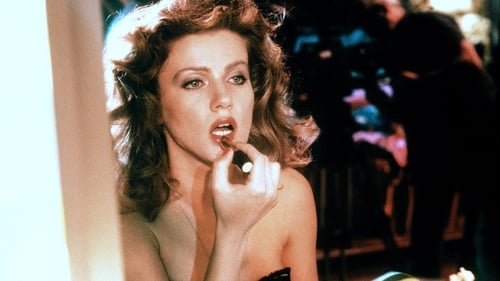
Screenplay
Germany in the autumn of 1957: Lola, a seductive cabaret singer-prostitute exults in her power as a temptress of men, but she wants out—she wants money, property, and love. Pitting a corrupt building contractor against the new straight-arrow building commissioner, Lola launches an outrageous plan to elevate herself in a world where everything, and everyone, is for sale. Shot in childlike candy colors, Fassbinder’s homage to Josef von Sternberg’s classic The Blue Angel stands as a satiric tribute to capitalism.
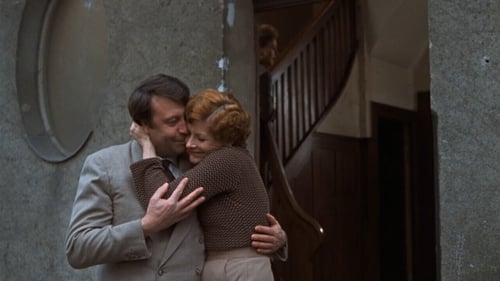
Screenplay
Maria marries a young soldier in the last days of World War II, only for him to go missing in the war. She must rely on her beauty and ambition to navigate the difficult post-war years alone.

Producer
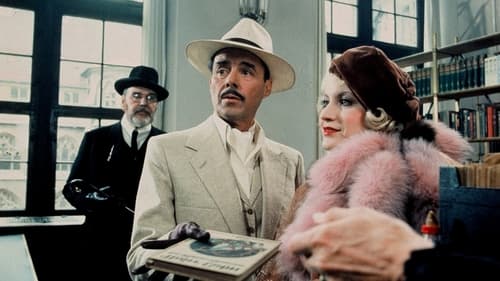
Producer
Berlin, 1930, during the rise of Nazism. Hermann Hermann, a Russian emigrant and chocolate manufacturer, married to the capricious Lydia, loses his temper more and more every day when dealing with his workers and other businessmen; until he meets Felix, a vagrant, who seems to be physically identical to him; a disconcerting fact that leads Hermann Hermann to plot a particular way out of a fake world he actually hates.
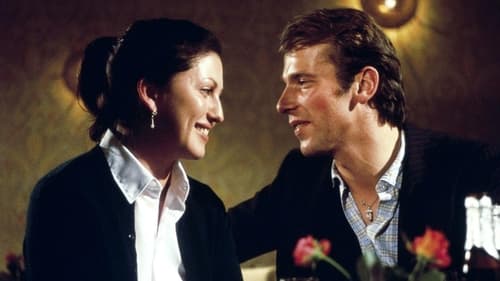
Producer
The inconspicuous greengrocer's daughter Maria had to watch as the adored Italian Pietro broke her best friend's heart. Dressed up as a vamp, the vengeful Maria now sets a cunning trap for the attractive Papagallo. Maria is the daughter of a small German fruit and vegetable dealer, Pietro is the son of a large Italian fruit and vegetable dealer. Both live in Munich and both meet every morning at six o'clock in the Grossmarkthalle. Maria looks inconspicuous, while Pietro looks extremely attractive. Maria is hardly interested in men, whereas Pietro is interested in all girls. Maria doesn't care until Pietro first seduces Maria's best friend and then leaves her unhappy. Now Maria starts a campaign of revenge against the light-footed Casanova, in the name of her best friend and in the name of all the girls who have been seduced by Pietro. Maria lures Pietro, who is now madly in love with her, to his native Italy, where Pietro, blinded by love and jealousy, proposes to Maria.
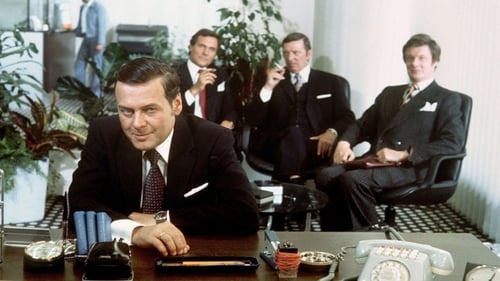
Producer
One evening, the once successful architect Helmut is tired of the recession giving no jobs, he gets the idea of robbing a bank. He recruits members of his golf club that are not paying their fees.
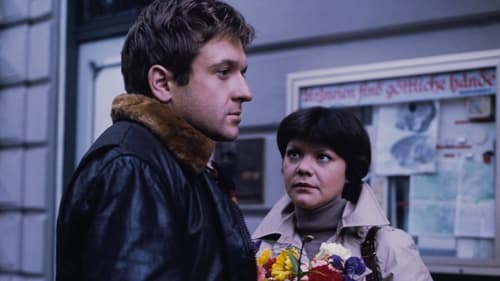
Producer
The story of the young man Peter, who grew up during the economic miracle, bereft of parental care and love. Learning early on that interpersonal relationships are based on the principles of exchange or purchase, he abides by these rules and gives generous presents to his family and his wife Erika. But when he is unable to keep up this life-style, his story takes a horrendous turn ...
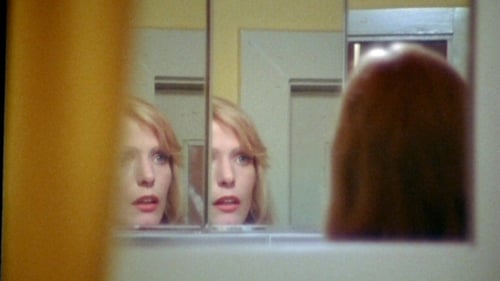
Producer
After having her second child, a German housewife suffers from post-partum depression before inexplicably falling into a continually misdiagnosed mental state, befuddling her relatives.

Producer
After the death of her abusive father, lonely librarian Martha is caught in a strange, sadomasochistic relationship with a monstrous husband whom she begins to suspect may be trying to murder her.

Producer
Every day they clean the dirty windows of their cars from the filthy film that has formed overnight. Measuring stations call a low smog warning. But one day a soccer player collapses on the pitch with breathlessness.
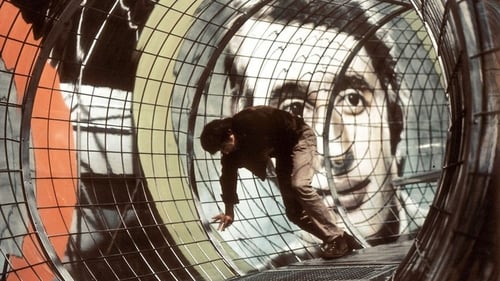
Producer
A candidate in a game show is hunted by three men. He will get a Million DMark, if he survives for a week; the hunters will get the money, if they can kill the candidate. The audience of the show is watching the transmissions of twenty camera teams filming the hunt. The showmaster appeals to the TV-viewers to help either the candidate or the hunters, whomever they want.

Writer
The story of a miner's wife in the Ruhr area, and the story of 40 years of a worker's life in Germany. The biographical film acknowledges the proletarian tradition and is considered to be one of the most important documentary films of the late 60s that tried to combine the private sphere with the reality of society. The film's fascination lies, above all, in the personal charisma of the miner's widow from Duisburg. She knows how to tell the story in a vivacious and exciting way.

















